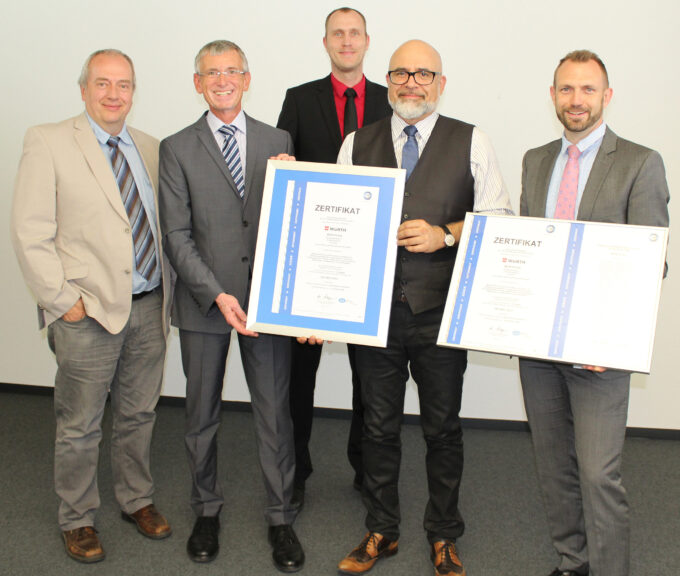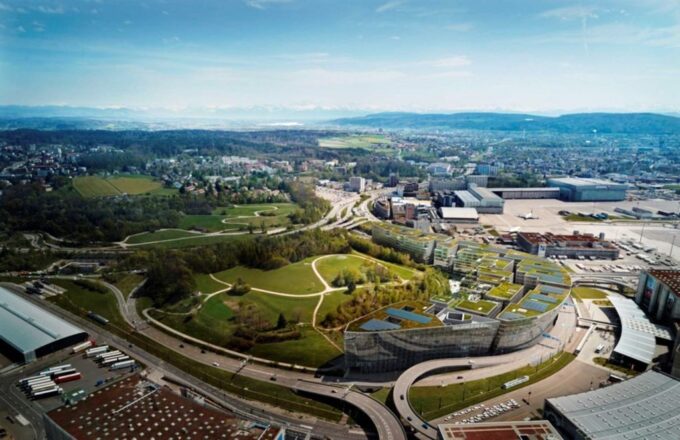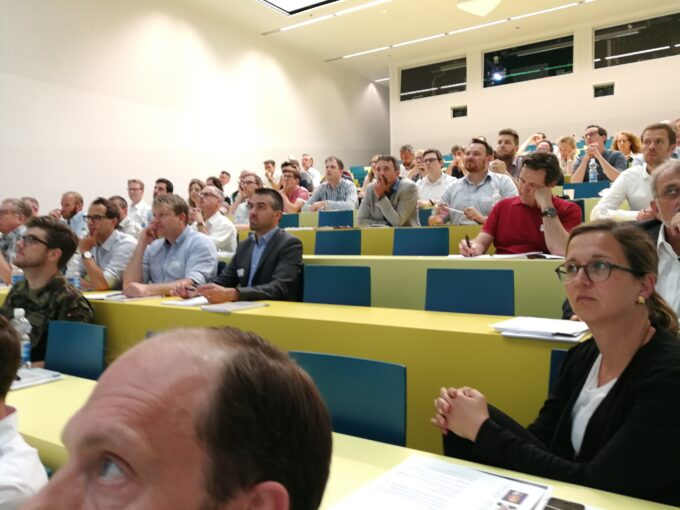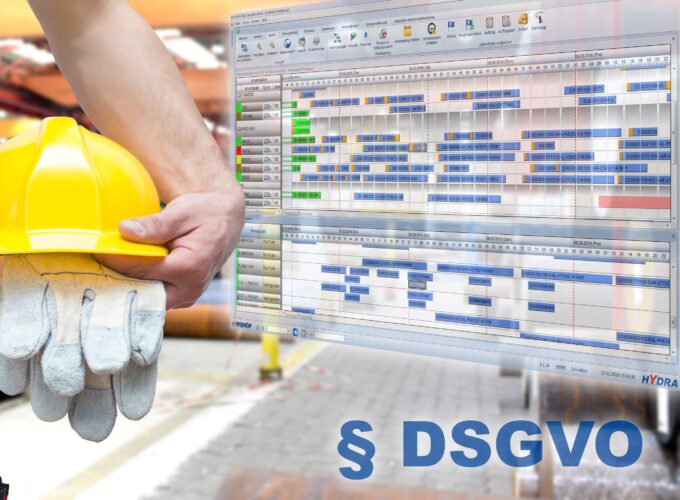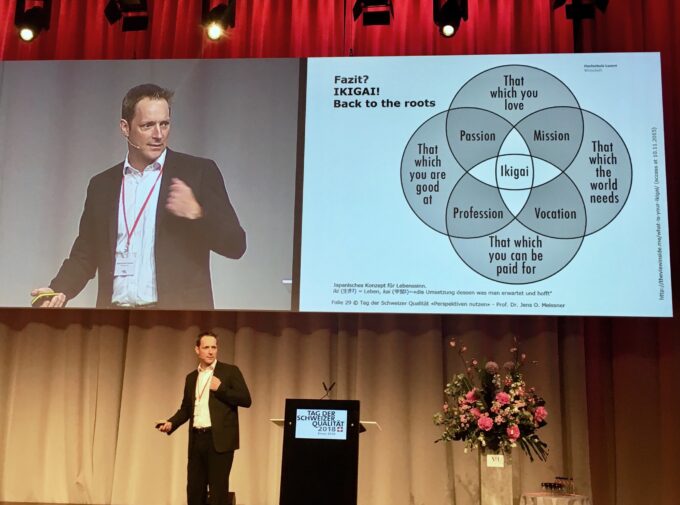149th Association Meeting of the SVTI Swiss Association for Technical Inspections
In the 2017 financial year, the SVTI Swiss Association for Technical Inspections recorded a better business situation in all areas of work than in the previous year. The Boiler Inspectorate and the Nuclear Inspectorate were particularly well utilised. As of 1 January 2018, the subsidiaries Swiss TS Technical Services AG, IWT Institut für Werkstofftechnologie AG and Swissi AG, which operate on the open market, merged to form Swiss Safety Center AG.
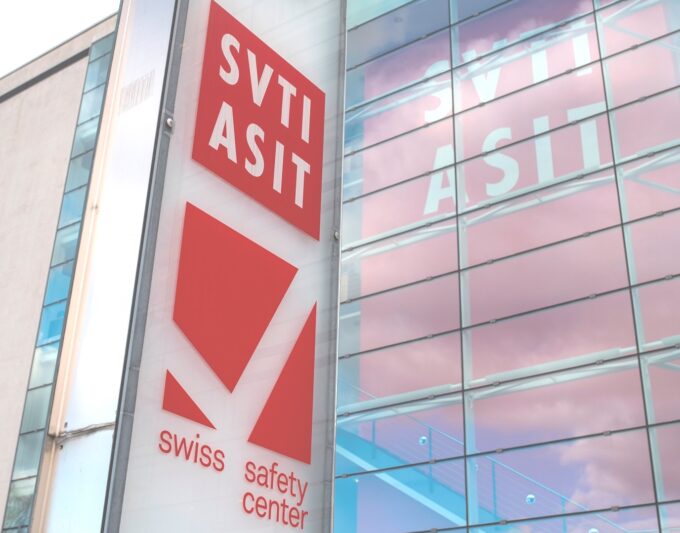
The 149th General Meeting of the SVTI Swiss Association for Technical Inspections took place on 21 June 2018 in Olten. Around 220 members were present. The SVTI looks back on a successful business year 2017. The economic upturn was clearly noticeable. The second half of the year was dominated by the planned merger of the three subsidiaries.
Under the motto "One Company - One Brand", Swiss TS Technical Services AG, IWT Institut für Werkstofftechnologie AG and Swissi AG merged to form Swiss Safety Center AG on 1 January 2018. Dr. Raffael Schubiger, CEO of Swiss Safety Center AG, will also assume the role of Director of SVTI at the beginning of 2019.
Develop competencies
In addition to its diverse day-to-day business, the SVTI Group continued to develop its projects on the topics of Industry 4.0, functional safety and, more generally, in connection with increasing digitalisation in the year under review. In this context, it particularly values the exchange of experience with other organisations such as the German-based Verband der Technischen Überwachungsvereine (VdTÜV) and research institutions such as the University of Applied Sciences St. Gallen. In addition to its range of services, the SVTI Group is also continuously expanding its comprehensive training and continuing education program.
Unexpected difficulties on the part of the façade builder led to delays in the construction of the SVTI Group's extension in Wallisellen. However, it now appears that the extension can be put into operation around the coming turn of the year.
Solid operating results at inspectorate and Group level
SVTI posted an operating result of CHF 880 100 for the 2017 financial year (previous year: CHF 869 492). Non-operating income, which relates to the business property in Wallisellen, was also positive at CHF 102 176. The consolidated annual result thus amounts to CHF 307 468 (previous year: CHF 287 261). The consolidated financial statements at SVTI Group level (incl. associated company SVTI Services Ltd and subsidiaries) show a consolidated activity volume of CHF 44.46 million. The consolidated operating result of the Group is CHF 1.72 million (previous year: CHF 1.15 million).
Outlook
The SVTI Group is looking forward with confidence to its 150th year as an association. The aim is to further strengthen its role as the safety conscience of the nation and its presence as a centre of excellence for technical safety and risk management. Last but not least, the consistent implementation of the various strategy projects that support the digitalisation of the SVTI Group's services to the benefit of our customers should also contribute to this.
At the beginning of 2019, Dr. Raffael Schubiger will take on the role of Director and Chairman of the Executive Board of the SVTI in addition to his role as CEO of Swiss Safety Center AG. His predecessor, Dr Herbert Egolf, will continue to support the SVTI in a reduced capacity.









